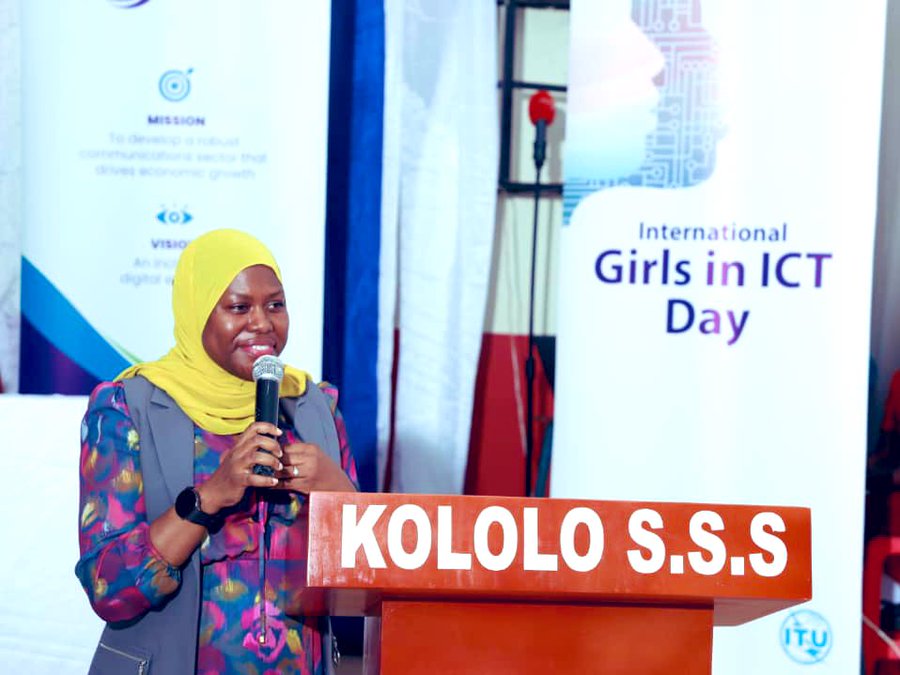Gov't tipped on teenage pregnancies for PDM to flourish
As Uganda joins the rest of the world to commemorate the International Youth Day, Civil Society Organisations have urged government to solve the problem of teenage pregnancies in the country.
This year’s day has run under the theme “Intergenerational Solidarity: Creating a world for all ages”. The local or Uganda theme is “Intergenerational solidarity: The role of the youths in the implementation of the parish development modal”
Keep Reading
Civil society organisations in Uganda including the Forum for Women in Democracy(FOWODE), Coalition for Action 1325 (COACT) and Youth Advocacy and Development Network Uganda gathered in Kampala and shared their perspectives on key concerns affecting the youths in Uganda.
Among the key factors which they believe if addressed, even the implementation of Parish Development Model (PDM) is likely to be effective, is the skyrocketing cases of teenage pregnancy.
Speaking at the event in Ntinda, Patricia Munabi, the executive director of FOWODE commended government for launching the Parish Development as a driver to transform Ugandans from peasant agriculture to the money economy however noted that the skyrocketing teenage pregnancy rates are likely to undermine its success if left unaddressed.
“Teenage pregnancies worsen the dependence syndrome and exacerbate the already constrained household resources,” she said.
According to her, although Uganda launched the renewed strategy and policy framework geared towards reducing teenage pregnancy by 2026, it has not yet worked since there are also increasing incidences of child marriage and teenage prevalence remains high at 34 per cent.
Reports indicate that one out of five women in Uganda continue to engage in sexual activity before the age of 15 and 64 per cent have sex before age 18 while 34 per cent of women aged 25-49 are married before the age of 18.
Additional anecdotal data during the COVID-19 lockdown estimated 650,000 teenage pregnancies recorded. The 2020 National survey on violence revealed that over the last 45 years, more than half of the girls have experienced childhood sexual abuse which may also explain the unchanging level of teenage pregnancy.
On a global scale, Uganda is ranked 16th among 25 countries with the highest rates of child marriage and teenage pregnancy.
The CSOs explained that this child marriage and teenage pregnancy have a huge cost on the government in terms of lost productivity, treatment and management of victims, and case management.
Therefore as Uganda embarks on implementation of Parish Development model, they urged government to invest enough in strengthening laws and policies on ending child marriage and teenage pregnancies which might be a hindrance for young people especially, Adolescent Girls and Young Women (AGYW) from benefiting from the PDM program.
“We applaud the government for renewing the National strategy to end child marriage and teenage pregnancy. This strategy is envisioned to create a society free of child marriage and teenage pregnancy through strengthening child protection mechanisms and enforcement of relevant legislation including social and cultural norm change,” Munabi said.
She then recommended that government should invest more in livelihood promotion and skilling child mothers so that they acquire skills to start-up enterprises and income-generating activities through integrating economic empowerment in all programs and projects.
“For instance, we would like to see the youths getting their fair share of the parish development model which is 30 percent. Child mothers should be given priority because they are a few steps away from abject poverty,” she added.
Government has also been tipped to invest in the establishment and revamping of adolescent youth-friendly service centres with adequate youth-friendly services and information for girls and boys because it’s only a healthy young population that will effectively implement the entire parish development model.
At the moment most health centres especially in rural areas do not have youths’ friendly corners where the youths can get services such as information,contraceptives and counselling which are essential in preventing teenage pregnancies.
Government was also encouraged to design and implement inclusive cross-sectorial policies in education, health, agriculture, social development, water, and the environment.
They urged that adopting these cross-sectorial policies is also in line with the ongoing NDP III and will meaningfully promote inclusive implementation of parish development model by the youth.













